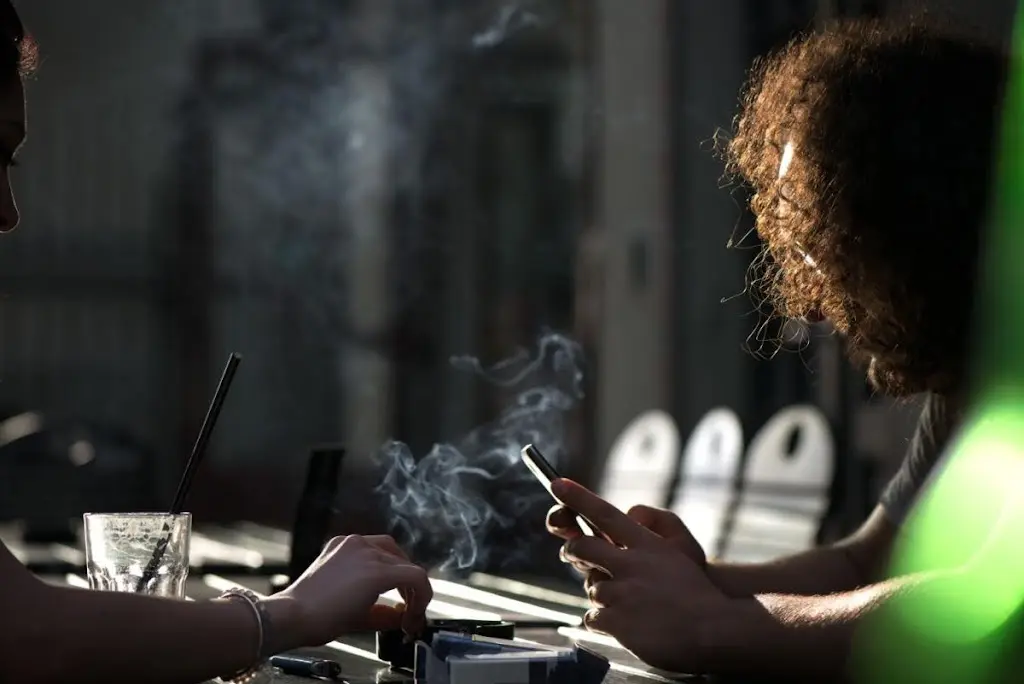Secondhand smoke exposure is a significant public health concern that affects people of all ages. The smoke exhaled by smokers and the smoke from the burning end of a cigarette contains a potent mix of harmful substances, including known carcinogens and irritants. When you breathe in this secondhand smoke, you’re essentially taking in the same toxic chemicals as the smoker, with the potential for equally devastating consequences.
Sudden Infant Death Syndrome (SIDS)
Infants exposed to secondhand smoke face an increased risk of sudden infant death syndrome (SIDS), a tragic and unexplained phenomenon that claims the lives of many young babies. Secondhand smoke exposure can disrupt an infant’s breathing patterns and overall respiratory health, making them more vulnerable to this devastating outcome. As a parent or caregiver, it’s vital to create a smoke-free environment to safeguard your child’s wellbeing.
The link between secondhand smoke and SIDS is well-established. Infants exposed to secondhand smoke are at a significantly higher risk of SIDS compared to those who are not exposed. The chemicals in tobacco smoke can interfere with an infant’s respiratory reflexes, making them less able to arouse from sleep or respond to changes in oxygen levels. This can lead to life-threatening breathing difficulties and a higher likelihood of SIDS.
Lung Cancer
Lung cancer is a devastating disease that claims thousands of lives each year, and the risks are amplified for those who are exposed to secondhand smoke. The carcinogens in environmental tobacco smoke can directly damage the DNA of lung cells, causing genetic mutations that can lead to the development of lung cancer. Even if you’ve never smoked, simply being in the presence of someone else’s cigarette smoke can significantly increase your chances of developing this life-threatening condition. Taking steps to avoid secondhand smoke exposure is crucial for protecting your lung health and reducing your risk of lung cancer.
Coronary Heart Disease
Breathing in secondhand smoke can have immediate effects on your cardiovascular system. The chemicals in tobacco smoke cause your blood vessels to constrict and your blood to become stickier, increasing your risk of coronary heart disease. Even brief exposure to secondhand smoke can negatively impact your heart health, raising your chances of having a heart attack or other life-threatening cardiac events.
Asthma Attacks
For those with asthma, secondhand smoke exposure can trigger debilitating asthma attacks. The irritants and allergens in tobacco smoke can inflame the airways, making it difficult to breathe and leading to coughing, wheezing, and chest tightness. Protecting yourself or your loved one with asthma from secondhand smoke is a huge way to manage this chronic condition and prevent serious health complications.
Chronic Obstructive Pulmonary Disease (COPD)
COPD is a debilitating and often progressive lung condition that can be exacerbated by exposure to secondhand smoke. Tobacco smoke can cause inflammation and damage to the sensitive tissues of the lungs, leading to the destruction of alveoli (the tiny air sacs responsible for gas exchange) and the narrowing of the airways. This can result in a wide range of troubling symptoms, including chronic coughing, persistent wheezing, and severe shortness of breath, even during everyday activities. As COPD advances, it can become increasingly difficult for those affected to breathe normally and carry out their daily routines.
Middle Ear Disease
Children exposed to secondhand smoke are at a higher risk of developing middle ear diseases, such as ear infections and fluid buildup in the ear. The smoke can irritate the Eustachian tubes, which connect the ears to the throat, leading to inflammation and increased susceptibility to infections. Prompt treatment and prevention of secondhand smoke exposure are essential for maintaining your child’s hearing health and overall well-being.
Lower Respiratory Tract Illnesses
Secondhand smoke exposure, especially in young children, can also increase the risk of developing lower respiratory tract illnesses, such as bronchitis and pneumonia. The harmful chemicals in tobacco smoke can irritate and inflame the delicate tissues of the lungs, making it harder for the body to fight off infections.
Stroke
Secondhand smoke exposure is a significant risk factor for stroke, a devastating medical emergency that can lead to permanent brain damage or even death. The chemicals in tobacco smoke can have a direct impact on the health of your blood vessels, causing them to become narrower and more prone to the formation of blood clots. This can impede the flow of oxygenated blood to the brain, ultimately resulting in a stroke. Even brief or occasional exposure to secondhand smoke can increase your risk of experiencing this life-threatening event.
Developmental Issues in Children
Secondhand smoke exposure can have a profound impact on a child’s developmental trajectory, potentially leading to a range of cognitive and behavioral issues. The chemicals in tobacco smoke can disrupt the normal growth and development of a child’s brain, interfering with their ability to learn, concentrate, and regulate their emotions and behavior. Children exposed to secondhand smoke may exhibit learning difficulties, attention deficits, and problems with impulse control, which can hinder their academic performance and social interactions.
Death
Secondhand smoke exposure is not only damaging to your health but can also increase your risk of early death. Even if you’ve never smoked a single cigarette, simply being exposed to secondhand smoke on a regular basis can significantly shorten your lifespan. This is a sobering reality that underscores the importance of protecting yourself and your loved ones from any exposure to secondhand smoke. By taking proactive steps to minimize or eliminate this hazardous exposure, you can improve your chances of living a longer, healthier life.
How the Nirvana Healthcare Network Can Help
There are serious health consequences of secondhand smoke exposure. Nirvana Healthcare Network offers an amazing team of compassionate healthcare providers dedicated to helping individuals and families navigate the challenges posed by secondhand smoke and its many associated health concerns. If you’re dealing with respiratory issues, COPD, or developmental challenges, we’re here to provide the support, resources, and care you need to protect your long-term health.

